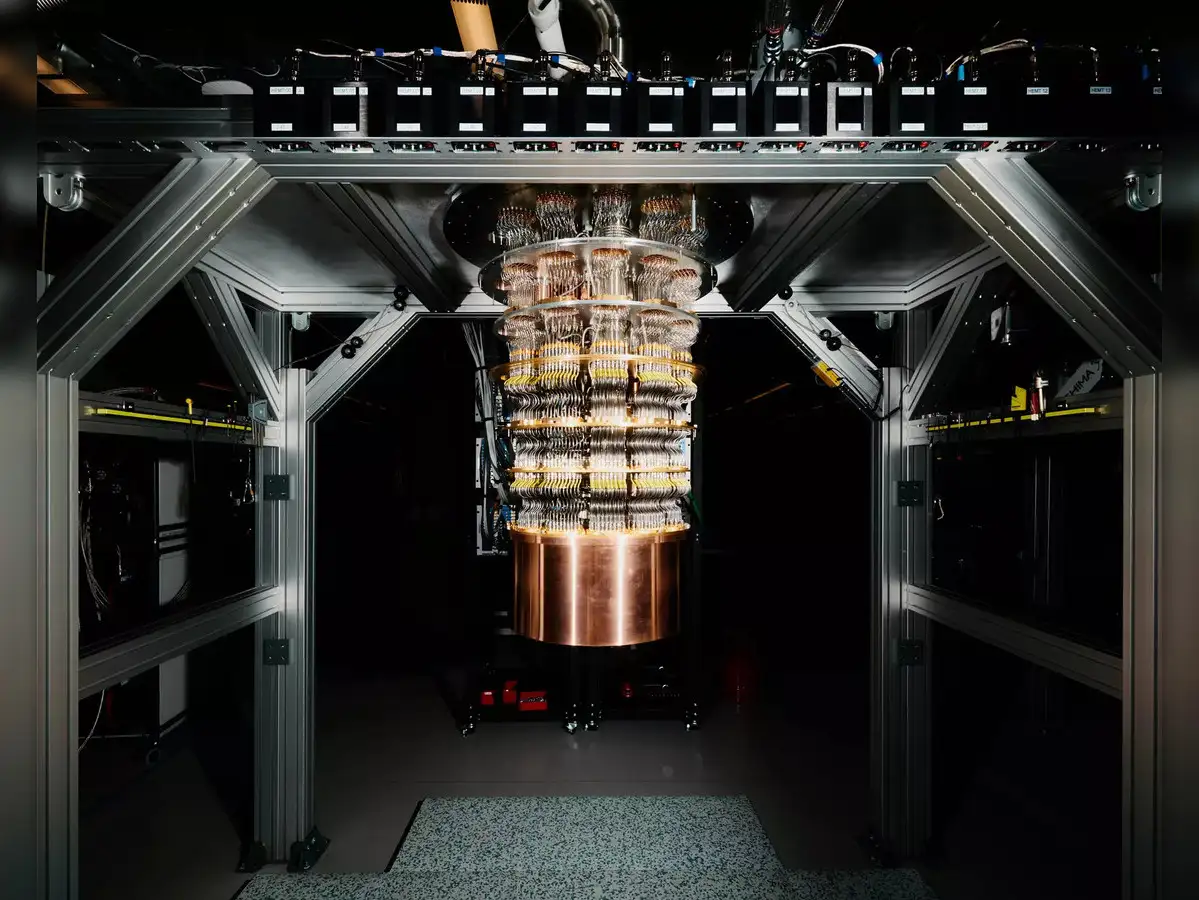Copyright dailytimes

The widely used COVID-19 vaccines may do more than prevent infections — they could also help cancer patients fight tumors more effectively. Researchers discovered that mRNA vaccines, such as Pfizer and Moderna, might enhance the immune response in patients undergoing immunotherapy. This surprising link suggests that these vaccines could potentially improve survival rates among those battling advanced lung or skin cancer. Scientists from the MD Anderson Cancer Center and the University of Florida found that cancer patients who received an mRNA vaccine within 100 days of starting immunotherapy lived notably longer than those who didn’t. Interestingly, the benefit wasn’t related to protection against the virus but rather the immune-stimulating power of mRNA. According to lead researcher Dr. Adam Grippin, the vaccine “acts like a siren,” activating immune cells across the body and helping them better recognize and attack tumors. Read more : Trump’s Push to Remove Aluminium in Vaccines Sparks Health Debate Messenger RNA, or mRNA, naturally exists in every human cell and provides instructions for making proteins. While this technology became famous during the pandemic, scientists have been exploring its potential in cancer treatment for years. These new findings show that even without being specifically designed for cancer, mRNA vaccines can trigger immune activity strong enough to support advanced treatments like checkpoint inhibitors. Checkpoint inhibitors are drugs that help unmask cancer cells so the immune system can destroy them. However, not all patients respond well to this therapy. The addition of mRNA vaccines appears to “sensitize” resistant tumors, making the treatment more effective. For instance, vaccinated lung cancer patients were almost twice as likely to survive three years after beginning therapy compared to unvaccinated ones, while melanoma patients also showed significantly longer survival. Read more : COVID-19 Vaccine Cancer Claims Debunked Researchers now plan to conduct larger, controlled trials to confirm these promising results and explore combining mRNA vaccines with cancer immunotherapies more intentionally. If proven successful, this approach could open new doors in cancer care — using an already familiar vaccine technology to strengthen one of the most advanced forms of treatment available today.



